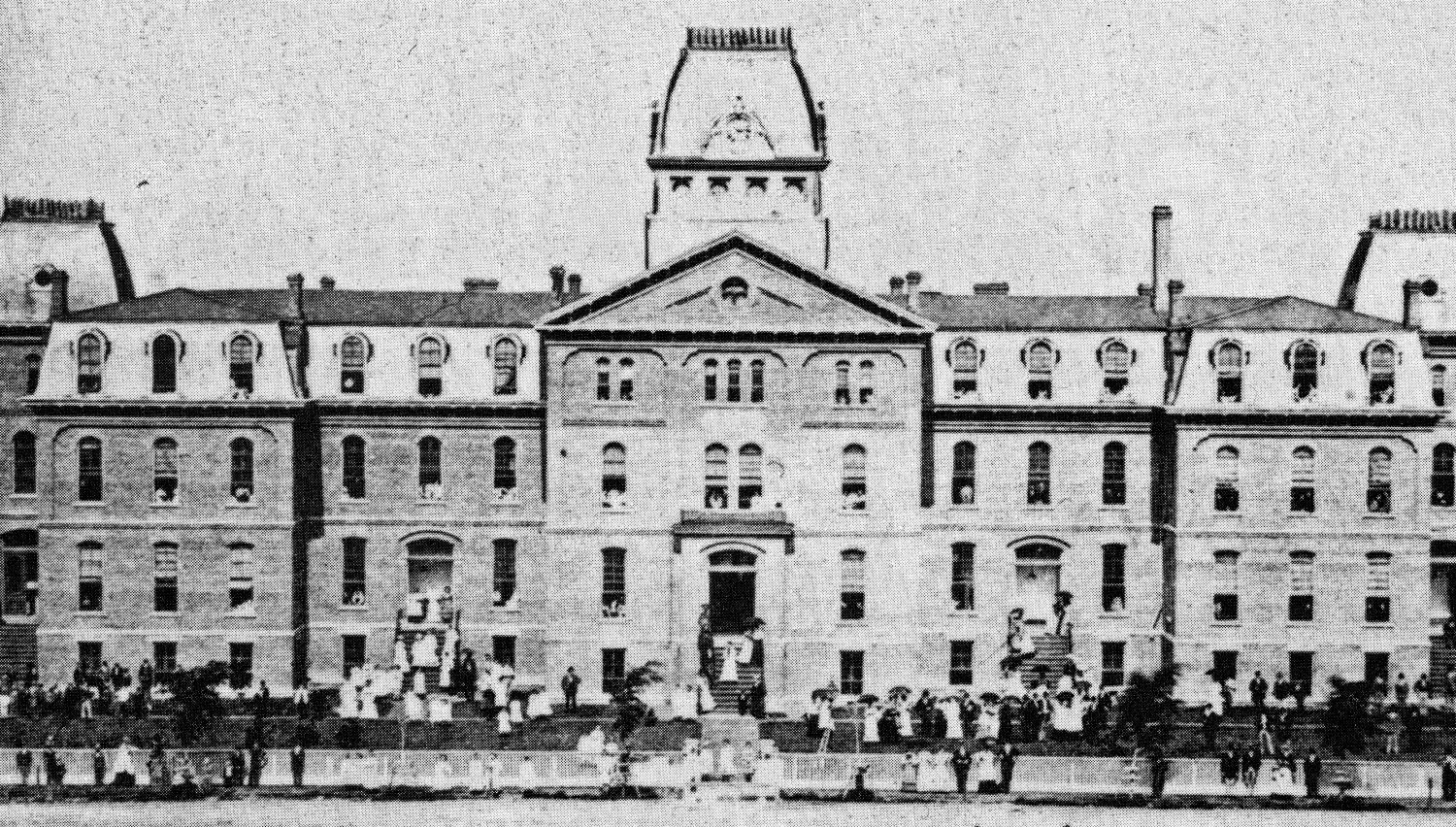There are two different – but equally misinformed – reactions that I get when I tell someone that I am a history major. Either, “wow, that must be so boring,” or, “what could you possibly do with that?” These reactions are indicative of a profound misunderstanding of what the study of history actually is. In my two years as a history major, my classes have been neither boring nor useless; my history education has made me an infinitely better reader, writer, and thinker. The skills that I have acquired in my history classes, of critical thinking, analyzing arguments, and articulating my own unique point of view, have helped me in all aspects of my college life and I believe will serve me well in whatever career I choose to pursue.
When people think that history is boring, it is usually because they assume that it consists of a lot of memorization of dates, events, and people. In college, nothing could be farther from the truth. After almost two years of my history education, I cannot name all 45 presidents in order, and I do not know the dates of the Peloponnesian War. Nor could I name any past emperors of China or tell you what happened on a particular date in the past. What I do know is that history is less about facts than it is about interpretations. Now, don’t get me wrong, facts are crucially important, especially in today’s “post-truth” society. As historians, we all start with a base of indisputable knowledge. But after that ends, the real work begins.

So which one should we believe? It’s really up to you. But unlike politics, when someone can make a claim (like climate change isn’t real or vaccines cause autism) without any evidence to support it, historians are held accountable to certain standards. We analyze their sources, evaluate their arguments, and question the motives driving their work to determine whether or not we trust their interpretation. In HIST 292: History of the Modern Islamic World, 1800-Present, we read several historians’ competing interpretations of the creation of Israel. Throughout the course, we were never told what the “right” interpretation was. Rather, we scrutinized these historians and their work to come to our own conclusions. Take Benny Morris, a revisionist Israeli scholar, for example. Morris relied solely on Israeli archival sources to come to the conclusion that, while there was no direct order or master plan to expel the Palestinians, there were multiple incidents of Israeli violence and intimidation. Putting aside his quite radical political views, there are accusations against Morris for being a bad historian. He has been known to decontextualize quotes, make up certain discussions, and manipulate sources. So perhaps his interpretation isn’t reliable. But if you take a closer look, the scholar who accused Morris of these manipulations is a vocal defender of Israeli policies towards Palestinians. Do the two scholars’ politics undermine their professional abilities? It is questions such as these that history majors learn to ask in order to come to their own conclusions about what the “truth” is.

In the future, I hope to pursue a career in government or politics and I know that having this historical background will help me to be successful in that field. I will be able to apply my understanding of the past to policy issues that we are grappling with today. And while I still don’t know exactly what I want to do after graduation, I believe that my history education has given me the necessary tools to succeed in whatever I decide. Majoring in history has been neither boring nor a waste but rather it has made me a better thinker. There is something incredibly liberating in sitting in a history class discussing my own views on how I interpret the past. Instead of being a passive recipient of information, I am an active agent in my education. I can choose what I believe, but I always have to be able to support it. History has taught me to analyze, interpret, and think critically. It taught me to think about and challenge the world around me. And more than anything, it has taught me that my voice, and my opinions, are important. These analytical, research, and writing skills are valuable assets in any career field. And the confidence that comes from coming to my own conclusion and speaking my mind is one of the most important things that I have obtained from my historical education.

